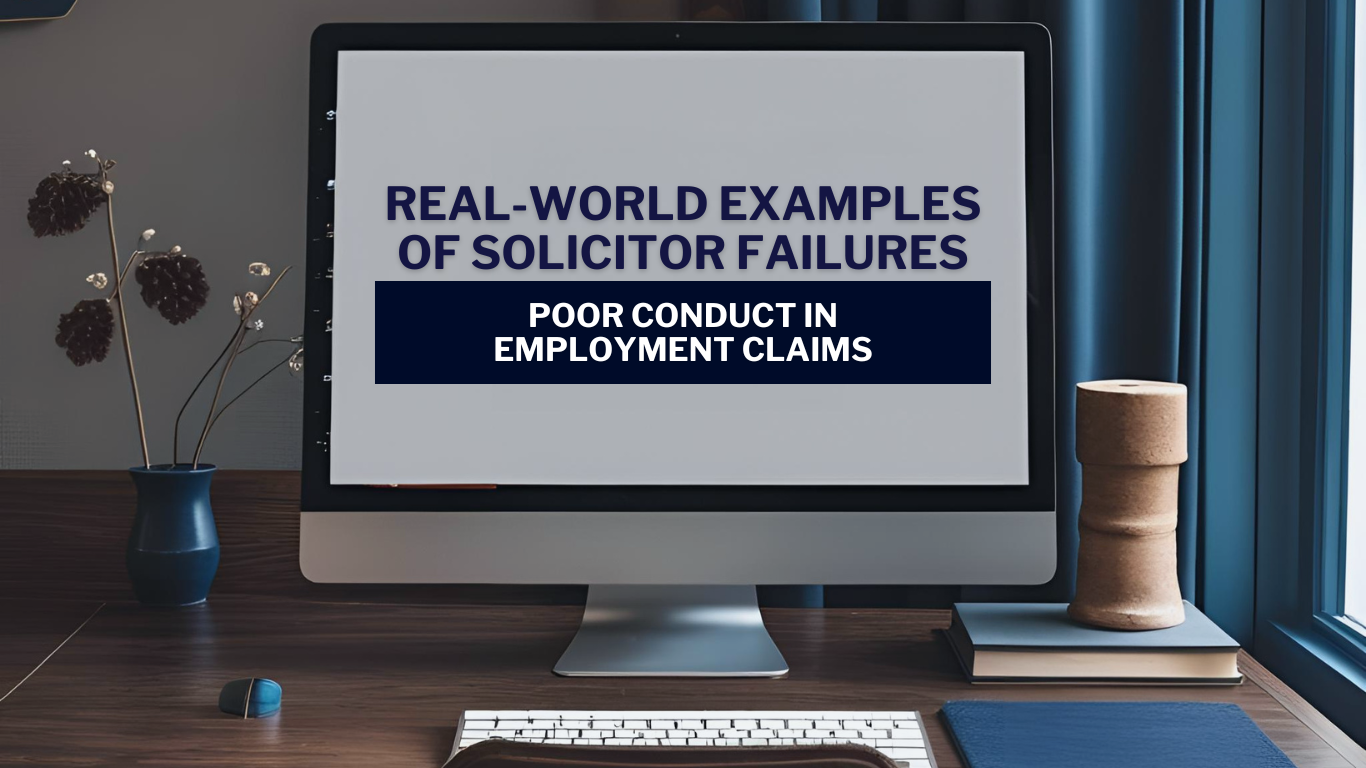By
•
min read


Generating approximately £23.1bn of combined sales amongst the UK’s top fifty largest Employee Ownership Trusts (EOT) in 2023 (according to a survey carried out by the Employee Ownership Association (EOA)), EOTs have gained traction since the Finance Act 2014 thanks to UK Government tax incentives, which permit an exit without incurring capital gains tax liability for owners of trading companies selling shares to an EOT, providing they meet the qualifying criteria. The growth in popularity of EOTs can be largely attributed to the government tax incentives acting as a catalyst, as according to the EOA ‘90% of businesses that are currently employee owned became EOTs in the years following the EOT being enshrined in legislation in 2014’.
Almost any type of business can be part of an EOT structure in the UK; notable EOTs include the iconic UK household brand, John Lewis Partnership PLC, as well as A.T. Kearney Holdings Limited (2006), Adventure Forest Group Limited known as Go Ape! (2021), and Bennett Oakley (2022), in and amongst hundreds of companies both nationally and internationally.
Qualifying criteria for beneficial UK tax treatment
Advantages of EOT transactions v. a more traditional business sale
Advantages once an EOT has been established
Subject to National Insurance contributions (for both the employer and employee), cash bonuses of up to £3,600 can be issued per annum in a single lump sum, tax free. Such a financial incentive in addition to share participation in the EOT helps to drive competitive advantage for the business. This is because these bonuses:
The robustness of EOTs has not gone unnoticed; an independent Nuttall Review of Employee Ownership in 2012 reiterated what some may have known for a long time. EOTs were found to be a ‘a powerful way of aligning the interests of employees with that of the business’, according to Norman Lamb, Minister of Employment Relations, Consumer and Postal Affairs (2012).
The opportunity for entrepreneurs and founder shareholders to successfully pass on ownership to an EOT is often not driven solely by the lure of a capital gains tax free transaction or the general advantages which can arise for the company and its employees under an EOT, but instead a more personal driver, for example:
In order for an EOT to effectively operate, there are several points to consider prior to pursuing this route, these include:
For those who would like to know more, and for those already considering an EOT, please do not hesitate to get in touch. Tim Sadka has more than two decades’ experience both as a corporate lawyer and in business leadership and management roles, with a wealth of experience leading project teams in order to deliver their objectives in a transaction which is as seamless as possible. It is worthy to note that EOTs are an evolving concept, requiring expert collaboration; the Healys corporate team has a strong and proven track record handling corporate restructures and would be happy to assist.
To find out more about Employee Ownership Trusts or any other matter, please contact our specialist team for advice.
Learn More